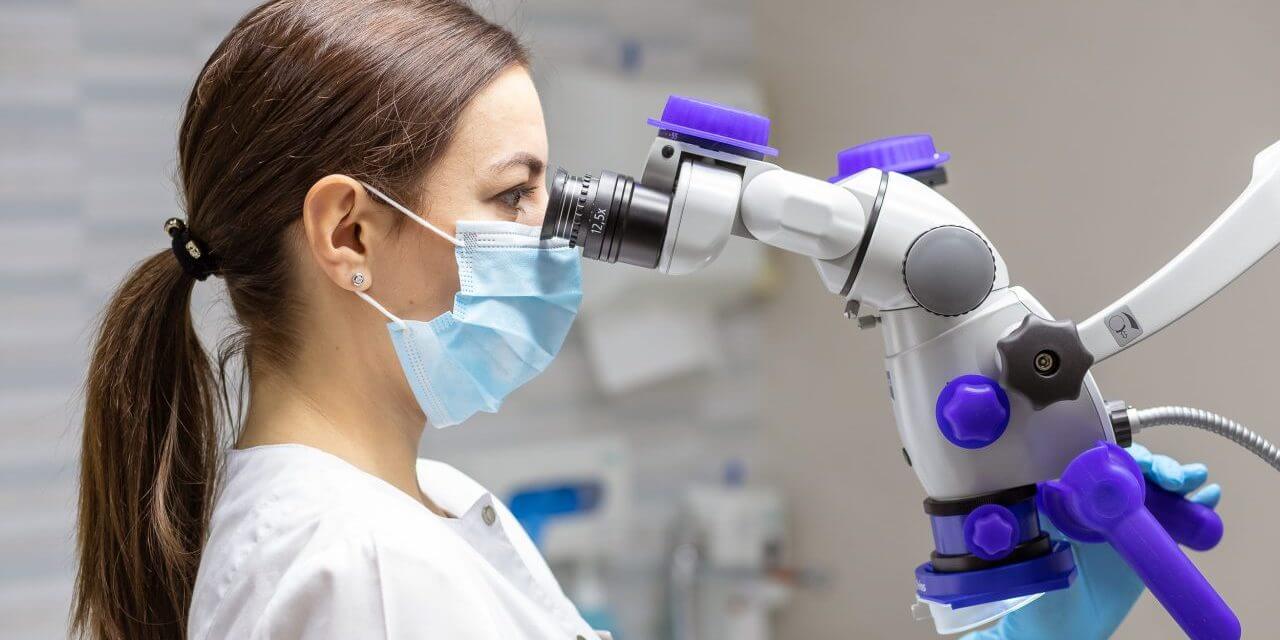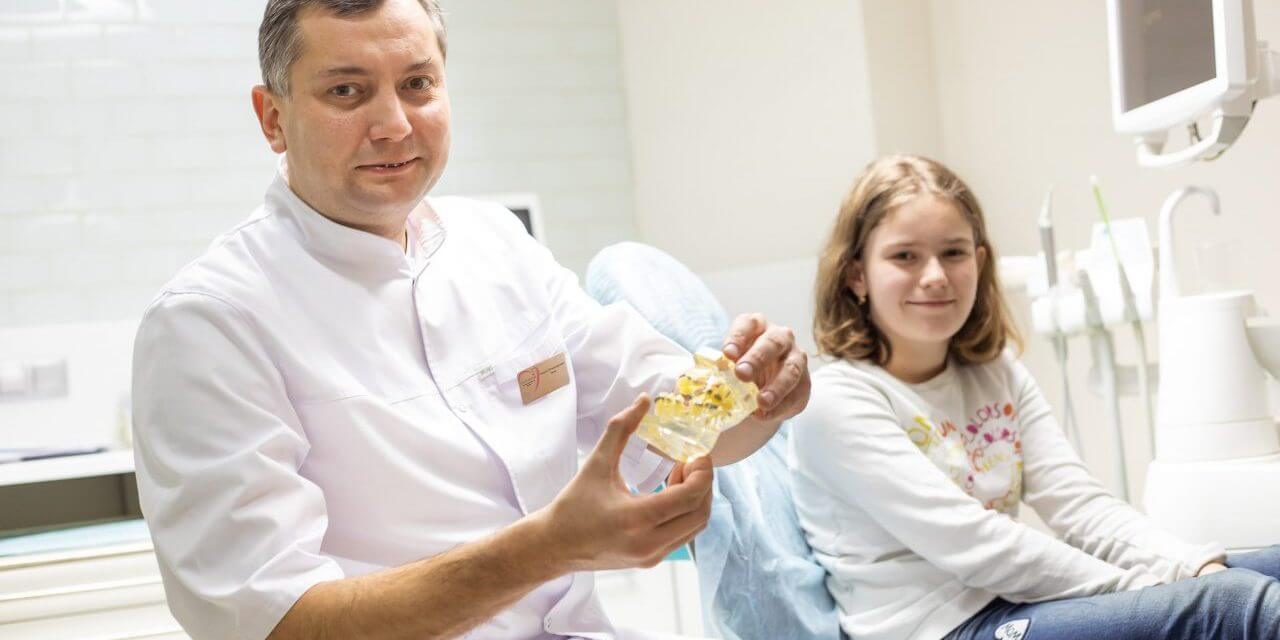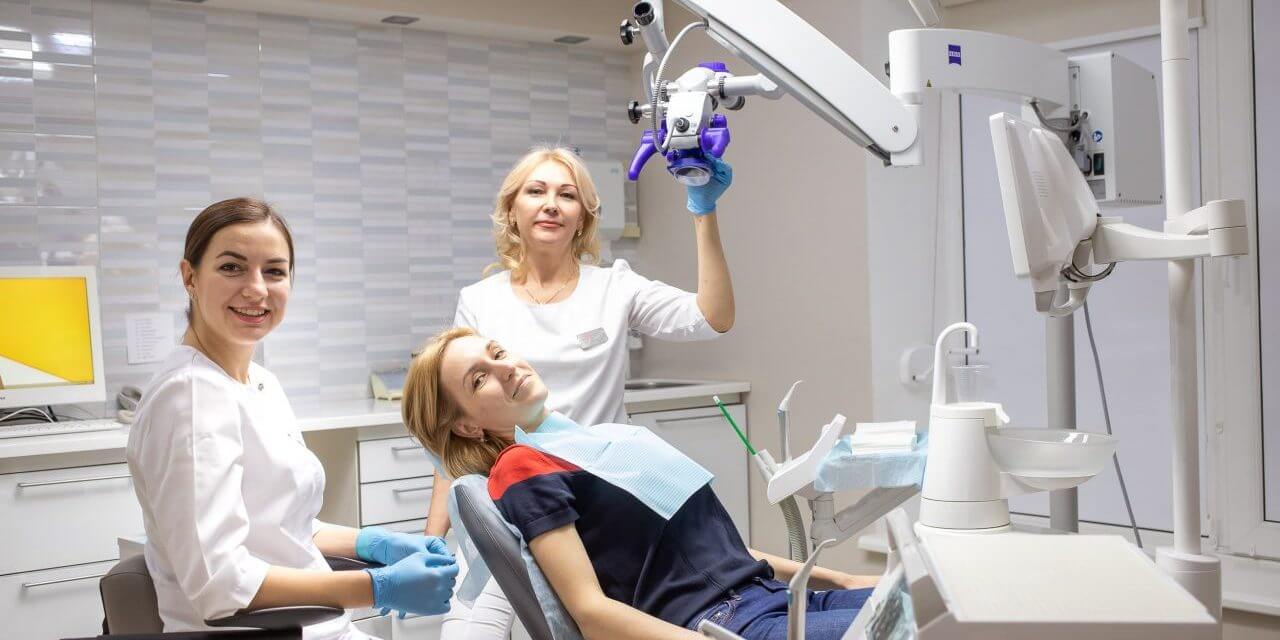A baby’s first teeth typically emerge between 6 and 8 months of age, followed by a gradual appearance of new milk teeth. The temporary bite is fully formed by the age of three. By the time children reach 6-7 years old, they can already show off their permanent teeth—usually the upper and lower incisors, as well as the 6th molars. Children’s teeth are highly vulnerable: milk teeth have very thin enamel and dentin, while permanent teeth also require time for enamel maturation and root development. This is why regular preventive check-ups and timely treatment of any issues are crucial.
At Professor Vesova’s Dental Surgery Clinic, pediatric dental care is provided by experienced dentists. Ensuring a child’s psychological comfort during a visit is of utmost importance. In a calm and friendly environment, young patients feel confident, trust the specialist, and do not experience fear. The clinic uses the latest technologies and materials, allowing all procedures to be performed painlessly, efficiently, and with maximum effectiveness.
Introductory Visit
It is essential to teach children the importance of maintaining oral health and proper hygiene from an early age. Dentistry should not be associated with unpleasant procedures and fears. That is why the clinic offers an introductory visit, helping children become familiar with the dental environment in a stress-free way.
Tooth Filling
Due to the immaturity of enamel and the specific structure of children’s teeth, cavities can develop rapidly, quickly leading to pulpitis. The clinic uses special filling materials with strong adhesion for treating milk teeth. The procedure is performed after local anesthesia or during medicated sleep to ensure maximum comfort for the child.
Cavity Prevention
Regular preventive check-ups help preserve not only milk teeth but also the health of permanent teeth. Diseases of primary teeth inevitably affect the condition of future permanent teeth. Preventive measures such as fissure sealing, fluoride treatment, professional cleaning, ozonation, and other procedures help prevent serious dental problems in the future.
Milk Tooth Extraction
A milk tooth may need to be extracted if an inflammatory process has begun, an abscess has formed, the tooth has become loose, or it interferes with the growth of a permanent tooth. Extraction is carried out under safe and high-quality anesthesia, and the clinic provides a pre-procedure adaptation to help the child relax and feel safe.
Fissure Sealing
issures are natural grooves on the chewing surfaces of teeth. Food particles and plaque accumulate in these grooves, promoting bacterial growth and leading to fissure cavities. To prevent this, fissure sealing is performed at the age of 6-7 years using a special protective material. Dentists also recommend sealing the fissures of milk teeth to provide additional protection.
Price list
Children's reception
OUR ADVANTAGES






Leave your review about us!
Your opinion is valuable to us




